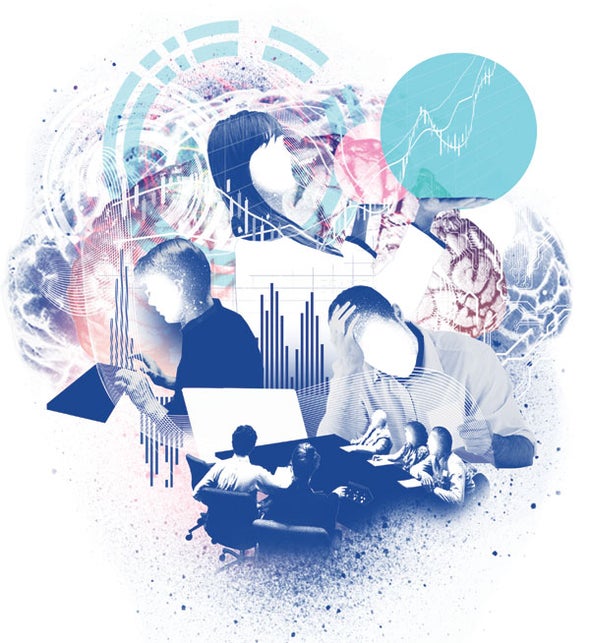How Science Failed to Unlock The Mysteries of the Human Brain

Indeed, the mysteries of the human brain continue to elude scientists despite significant advancements in neuroscience and technology. While the past decade has seen a surge in funding and research to unlock the secrets of the brain, the results have been mixed. The complexity and intricacy of the brain remain a significant challenge for scientists, and more research is needed to fully understand this remarkable organ. Nonetheless, even in the face of setbacks, researchers remain determined to keep pushing forward and unraveling the mysteries of the human brain, with the hope that their efforts will eventually lead to breakthroughs in treating neurological disorders and enhancing human cognitive abilities.

The human brain is one of the most complex and mysterious organs in the body, and despite decades of research, scientists are still struggling to understand many of its functions. While significant progress has been made in areas such as mapping the brain’s structure and identifying the neurons responsible for certain behaviors, there is still much that remains unknown.
The human brain is considered the most complex and sophisticated organ in the body. For centuries, scientists have been attempting to unravel its mysteries and understand how it functions. Despite decades of research and technological advancements, there are still many aspects of the brain that remain elusive.

One of the biggest challenges in studying the brain is its sheer complexity. The brain contains around 100 billion neurons, each of which can have thousands of connections with other neurons. This complexity means that even simple processes such as perception and memory involve numerous areas of the brain, making it difficult to isolate specific functions or areas of interest.

Another challenge in studying the brain is the difficulty of observing it in action. Unlike other organs, the brain is encased in the skull, making direct observation impossible without invasive procedures. While technologies such as functional magnetic resonance imaging (fMRI) have enabled researchers to visualize changes in blood flow in the brain associated with various activities, this technique is limited by its low resolution and inability to capture neural activity at the individual neuron level.
Despite these challenges, there have been significant advancements in our understanding of the brain in recent years. For example, researchers have made progress in mapping the neural circuits involved in certain behaviors and in understanding the role of different neurotransmitters in brain function. However, many fundamental questions about the brain, such as how consciousness arises or how memories are stored, remain unanswered.
Overall, while science has made great strides in unlocking the mysteries of the human brain, there is still much we do not know. Continued research and technological advancements will be necessary to fully understand this incredible organ and the ways in which it shapes our thoughts, emotions, and behaviors.

Despite the advancements in neuroscience and the efforts of countless scientists, the human brain still remains one of the most complex and enigmatic mysteries of the natural world. While technology has allowed us to observe and analyze the brain in unprecedented detail, it has also revealed the staggering complexity and interconnectedness of its components. While we may not have all the answers, the quest to understand the human brain will undoubtedly continue, with new discoveries and breakthroughs waiting to be made. As we continue to unravel the mysteries of this incredible organ, we may gain new insights into what makes us human and how we can improve our health and wellbeing.



